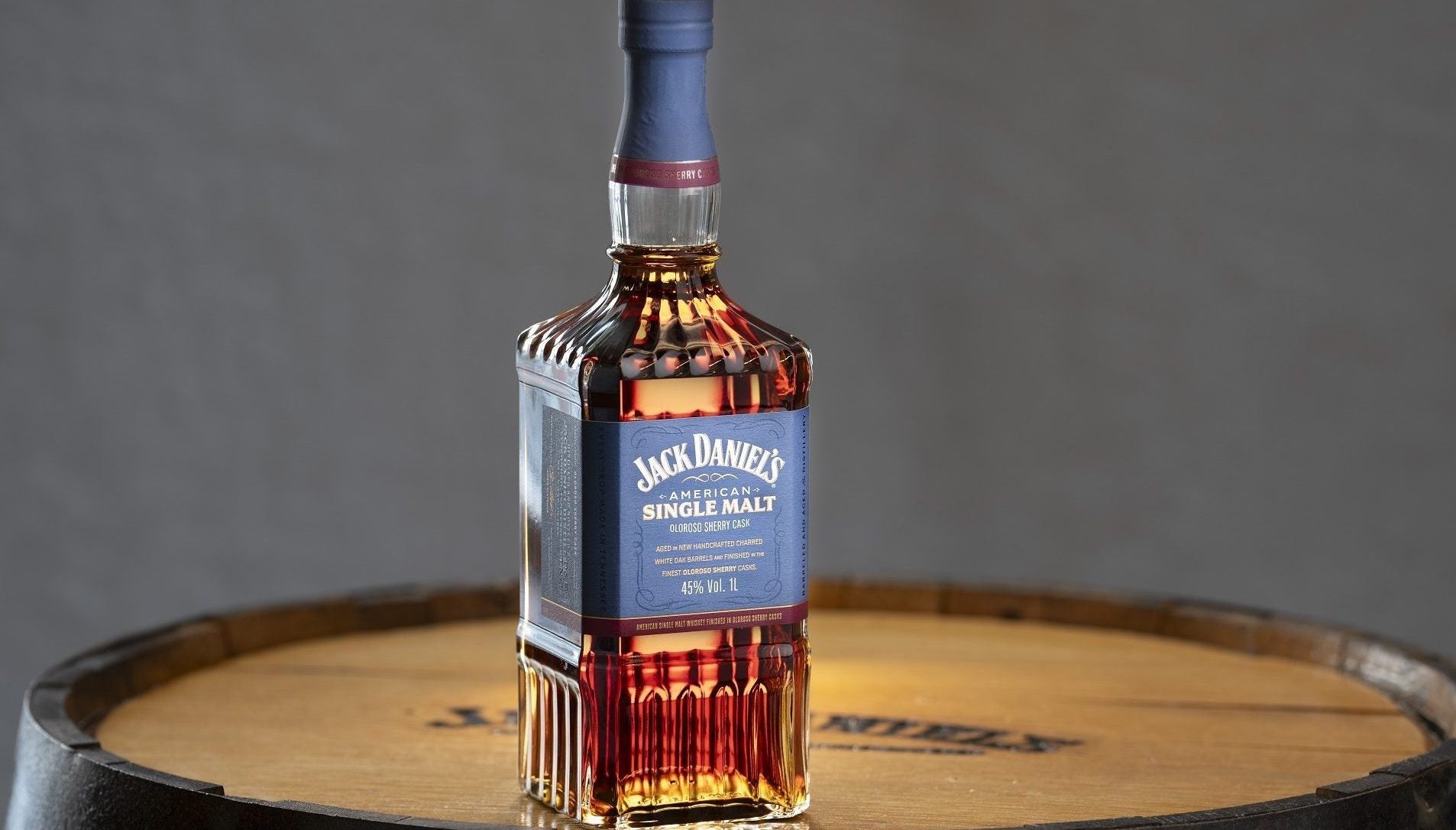
The EU’s tariffs on goods including American whiskey will be suspended until after the US presidential election.
In 2018, Brussels retaliated against US import duties by slapping a 25% charge on American whiskey and Bourbon imports.
Three years later, the US and EU agreed to suspend the 25% retaliatory tariff on American whiskeys for two years starting 1 January 2022. With the end of that agreement nearing, both sides have agreed to suspend the duties again, this time until the end of March 2025.
An EU statement wrote: “The EU will continue to engage constructively with the US to preserve its legal rights and remove US 232 tariffs on EU exports for good.”
US trade association The Distilled Spirits Council (DISCUS) – which warned of the impact of “debilitating” EU tariffs on American whiskey that could return in January – said the “agreement is welcome news”.
“We urge the Biden administration to continue striving for a permanent end to all debilitating tariffs in disputes unrelated to the spirits sector” the group CEO Chris Swonger stated.
“Until the threat of these tariffs returning is fully removed, the uncertainty will continue to restrict American Whiskey export growth in our most important international market.”
If the EU and US did not extend the suspension of the retaliatory tariffs they could come back into force at 50% in the New Year, DISCUS said.
According to GlobalData, the European market for American whiskies is set for steady growth following the pandemic and tariff drop-off, forecast to reach $2.8bn in 2027 from $2.3bn in 2021.



